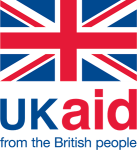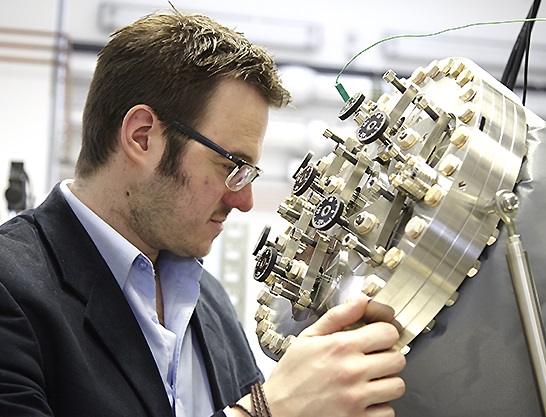Links to external sources may no longer work as intended. The content may not represent the latest thinking in this area or the Society’s current position on the topic.
Royal Society-FCDO Africa Capacity Building Initiative
This programme is for scientists who want to develop a collaborative research consortium between scientists in sub-Saharan Africa and a research institution in the UK.
The scheme is closed and will not reopen for further applications.
Below you can find more information about the achievements and learnings from the programme, as well as more details about the research consortia funded by ACBI.
Achievements and learnings
The Royal Society commissioned a series of case studies to highlight some of the most important lessons from this pilot programme.
Multidisciplinary Partnerships (PDF)
Research Uptake: Water and Sanitation (PDF)
Research Uptake: Renewable Energy (PDF)
Access to Consortia Resources (PDF)
Individual- and Organisational-level Research Capacity Strengthening (PDF)
Funder Practices in Supporting Research Capacity Strengthening (PDF)
Throughout the programme the Centre for Capacity Research (CCR) at the Liverpool School of Tropical Medicine has been embedded in the ACBI programme as an Monitoring, Evaluation and Learning (MEL) partner. Their work has resulted in advancing our knowledge about how research capacity strengthening works best. To learn about their findings please see the below case studies:
Research Laboratory Capacity Case Study (PDF)
The overall aim of the scheme is to strengthen the research capacity of universities and research institutions in sub-Saharan Africa by supporting the development of sustainable research networks.
The objectives are to:
- Facilitate sustainable multidisciplinary partnerships between research groups in sub-Saharan Africa and the UK
- Strengthen research and training capacity in sub-Saharan African Institutions of Higher Education through the skill transfer between partner organisations of the research consortia
- Support a cohort of young, talented researchers through integrated PhD scholarships and shared supervision of post-graduate students between the UK-based and African consortia members
- Evaluate the contributions of the Africa Initiative to supporting universities and institutions in Africa to develop sustainable research and research training capacity
The scheme provides funding towards PhD studentships, research expenses, travel and subsistence costs, training, and limited funds for equipment.
Read more about how PhD students are supported by the Africa Capacity Building Initiative.
The scheme is funded with UK aid from the UK government.
Who was eligible to apply?
Applicants could apply for this scheme if they were based in one of the eligible sub-Saharan African countries or the UK.
Applications were accepted in three research priority areas:
- Water & sanitation
- Renewable energy
- Soil-related research
What is the scheme’s value and tenure?
Programme Grants provide support for Research Consortia, consisting of three African groups and one UK-based research group.
The Programme Grant may provide support of up to £1,243,000 over a five year period.
What was the application process?
This programme is funded with UK aid from the UK government.Applications to the programme grants were initially reviewed by three members of the Royal Society-FCDO Africa Capacity Strengthening Initiative panel. Shortlisted applications were independently peer reviewed and discussed at a panel meeting.




